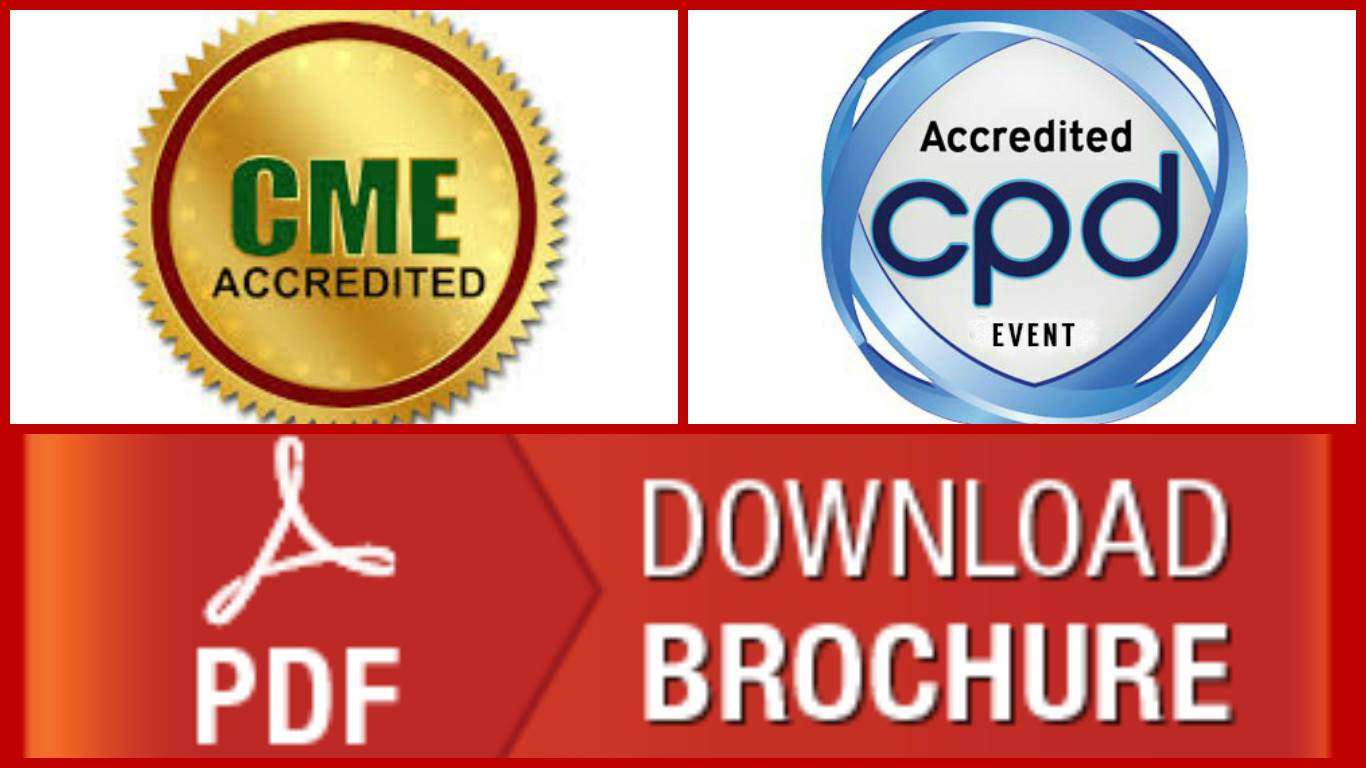
Jerzy Dyczynski
Individualized Heart Health Acupuncture Clinic, Australia
Title: Respiratory muscle training reduces significant stress level measured by the short term heart rate variability (HRV)
Biography
Biography: Jerzy Dyczynski
Abstract
This scientific study takes more than 2000 years of the exercise of a breathing technique practice to a new level of a significant medical intervention. The study included consecutive 163 patients, 53 males, 100 females from 39 to 93 years; average age was 73. A small portable device creates a dynamic window into the essential cardiovascular functions. It is an evidence based tool to assess also the autonomic nerve system, dynamism of the breathing and the hormonal activity. It displays the unique combination of the specific multi-channel ECG and 3 frequencies (high, low and very low) HRV analysis delivering a color coded mapping cardio portrait image in two minutes. It transforms the big cardiovascular HRV data into intelligent diagnostic information, which can be used for monitoring the respiratory muscle training intervention outcome. Two records were performed by all patients in sitting position with natural breathing activity as a baseline and in about 20 minutes later after introduction of the new diaphragmatic breathing technique and 10 minutes of the respiratory muscle training. The Cardio Stress Index (CSI) ranging from 0 to 100% was calculated as a computerized algorithm including: analysis of ECG-intervals, pulse rate, Fourié Transformation, heart’s cohesion and HRV as a baseline and after. The values of the CSI below 20% were considered as the normal level of the cardiovascular stress. The majority of 78.6% patients showed an increased CSI, 41.45% in average, which was statistically significant reduced to 22.79% after respiratory muscle training intervention (p<0.001). The positive, statistically significant impact of the respiratory muscle training intervention on the heart and the cardiovascular stress level measured as the short term HRV can be an ultimate 21st century low-cost intelligent diagnostic analysis and a successful therapeutic intervention for the stress reduction.

